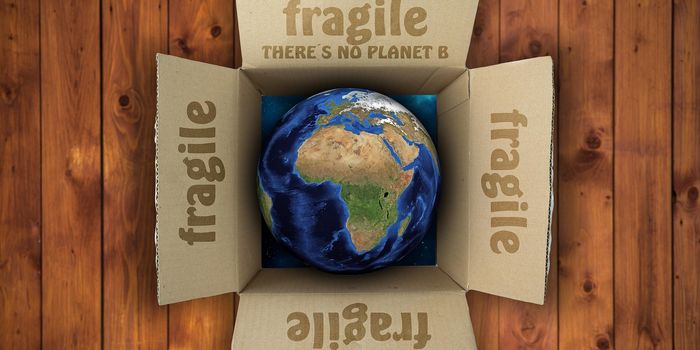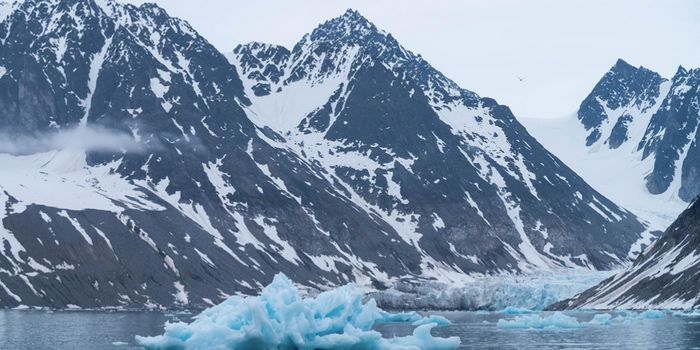What the 2018 IPCC climate report has to tell the world
The Intergovernmental Panel on Climate Change (IPCC) is set to release their 2018 climate report this week after a meeting among scientists in Incheon, South Korea. The IPCC was founded in 1988 by the UN's World Meteorological Organisation (WMO) and Environment Programme (UNEP) with the intention of giving policymakers neutral, science-based updates about global warming. The IPCC currently boasts members from 195 nations. The intergovernmental body releases reports every couple of years. Watch the video below to see the synopsis of the 2014 report.
Since the Paris Climate Accord, 175 parties have banded together in their commitment to keeping global temperatures from rising by more than 1.5 degrees Celsius this century. Since the Industrial Revolution, temperatures have risen by 1 degree Celsius, drastically changing the world we live in already and threatening many species, habitats, and human lives.
The work that the scientists and policy-makers have set out for them in Incheon concerns the final 15-page Summary for Policymakers. Though a relatively short document, the summary aims to act as a framework for governments around the globe as they determine how to best advance their economies in future climate-impacted decades.
"The decisions we make now about whether we let 1.5 or 2 degrees or more happen will change the world enormously," Dr. Heleen de Coninck, one of the co-ordinating lead authors of the report, told BBC News. "But our lives, when keeping it below 1.5C with projected population rise and economic growth, will also look different. Lives of people will never be the same again either way, but we can influence which future we end up with."
The report was written by unpaid scientists from around the world who have been nominated by governments and international institutions; there are 86 lead authors from 39 countries, 39% of whom are women. In the making of the report, over the past three years, 6,000 references were reviewed. As is the procedure for the IPCC’s reports, drafts of the report were reviewed by experts and governments, who are given the opportunity to make comments. The 2018 report garnered over 40,000 review comments.
Because of the collaborative nature of the panel, the IPCC is known for being on the conservative side, when it comes to estimates and projections. Which is why it’s so scary that leaked drafts of the 2018 report suggest that climate change is heading towards topping the 1.5C no-go zone by roughly 2040.
In reference to the complexities of the factors involved in suggesting policy solutions, Professor Jim Skea, who co-chairs one of the IPCC working groups, said: "There is no easy answer; it is a much more complicated answer. It has physical elements, it has social elements, it has political elements. The report, as it is scoped, allows us to go into these issues, but a crisp answer I don't think is what we were asked for by governments."
The report will be released officially on Monday 8 October.









